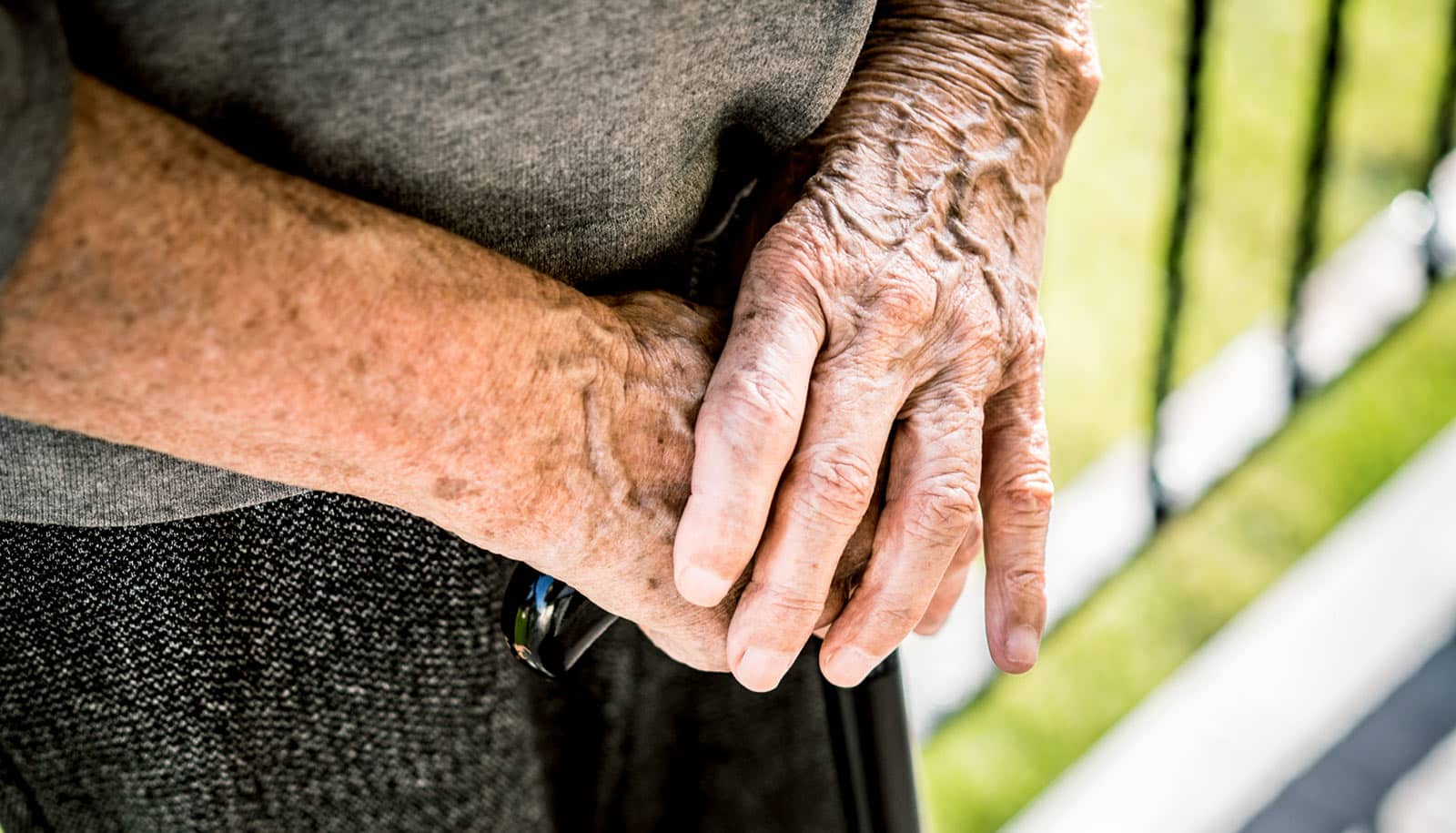Chinese Americans abused as children and those who experienced intimate partner violence face an increased risk of abuse when they are elderly, according to a new study.
Researchers surveyed 3,157 Chinese American adults over age 60 and found that those who reported a history of child abuse were twice as likely to experience domestic violence in adult romantic relationships and elder abuse later on. Those who reported intimate partner violence as an adult were six times as likely to experience elder abuse.
The findings, which appear in JAMA Internal Medicine, suggest a cumulative effect of violence throughout the lifespan of Chinese Americans.
“We know that victims of violence might be at a greater risk of being re-victimized, but this has not been sufficiently studied in regard to elder abuse,” says lead author XinQi Dong, director of the Rutgers Institute for Health, Health Care Policy and Aging Research. “This study suggests that health care professionals should be more aware of how abuse earlier in life can predispose one to more violence as this population ages.”
Men reported a higher rate of child abuse, while women reported more intimate partner violence.
As reported in the study, 15 percent of older adults over age 60 reported elder abuse, 11 percent reported violence by an intimate partner when they 18 to 59 years old, and 7 percent reported abuse before the age of 18. The data includes physical, psychological, and sexual abuse.
Researchers asked participants 10 questions related to elder abuse, such as if they were afraid of anyone in their family, if they felt no one wanted them around, and if anyone forced them to do things they did not want to do.
To discover child or intimate partner abuse, researchers asked participants about physical harm, unwanted sexual contact, and verbal abuse such as threats or insults.
While the researchers found an association between marriage and intimate partner violence, there was no significant connection between marital status and elder abuse. “This contrast might show that elder abuse does not predominantly involve a partner,” says Dong. “It also reinforces a prior study, which found that Chinese older adults experienced elder abuse as part of inter-generational family conflicts.”
The majority of people who reported child abuse or intimate partner violence experience were not from mainland China. Men reported a higher rate of child abuse, while women reported more intimate partner violence. People with higher levels of education reported elder abuse more.
“This might be because people with higher education levels are more open to discussing negative experiences or that they seek mental health services more,” Dong says.
Primary care physicians do not adequately screen patients for violence across the lifespan, Dong says, adding that since the findings suggest a lasting effect of early victimization on older adults, health care professionals should screen more closely for elder abuse in patients with a known history of child or intimate partner abuse.
Source: Rutgers University

